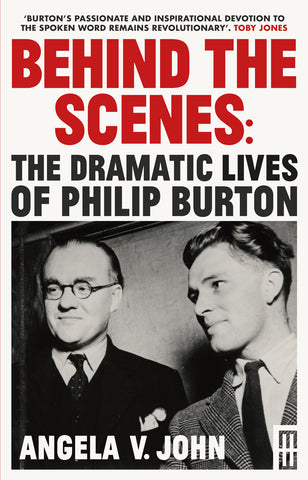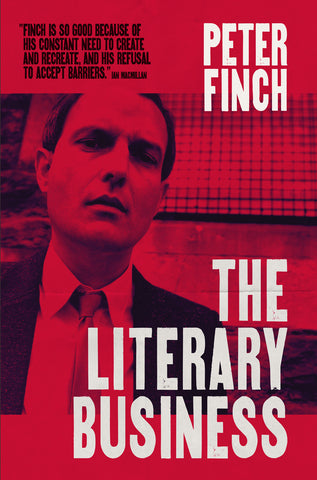On Sunday the Observer ran a feature titled 'Northern writers on why a north-specific prize is more important than ever' featuring the six writers that have been shortlisted for the Portico Prize, who are announcing the winner of the £10,000 award on the 23 January.
Glen James Brown has been shortlisted for his debut novel Ironopolis, here's his interview from the piece:
Glen James Brown was born in County Durham in 1982, studied English at Leeds Beckett University and gained an MA in creative writing at the University of Chichester, where he won the Kate Betts Memorial award. Ironopolis is his first novel. He lives in Manchester.
What inspired you to write your book?
I grew up on a housing estate in County Durham and I am passionate about their importance and angry about how they’re stigmatised. I wanted to understand how they had gone from being respectable homes for a third of the population to being a byword for deprivation and poverty. That led me to the issue of how social housing has been betrayed by successive governments since the 1970s. I was enraged and that anger shaped the book.
What for you is the “spirit of the north”?
Historically, the north’s history has often been one of economic hardship and adversity, but in many ways what I’m attracted to is a lot more intimate than that. There’s also so much beauty in the north. At some point, everybody has to think about themselves in relation to where they come from, to define with or against the collective narrative. There isn’t one “north” – there are as many norths as there are people living there.
How has that spirit influenced your work in terms of content?
For this book, in every way. Ironopolis is set on Teesside and I wanted to dig into the folklore, which might be as deep as you can get into a place. A main character in the book is a river witch called Peg Powler, who lives in the Tees. As a literal spirit of the north, I thought setting her loose on an about-to-be-bulldozed housing estate might be an interesting way to say the things I wanted to say about the line between people and place and how that’s currently under threat. It’s better coming from her – she’s got a much bigger reputation around those parts than I do.
Has the north influenced your style in terms of dialect and form?
So much. I could hear the characters in the book speaking as I wrote, the cadence and swing of their accents and speech patterns.
Who are the great northern writers?
Sid Chaplin was a trailblazer; born into a Durham mining family during the first world war. The sheer bloody-mindedness he must have had to claw himself out of the pits and into writing novels and newspaper columns can’t be easily dismissed.
Did you encounter any barriers to getting published?
The book took a long time to sell – which was unfun – but whether or not that was because I was writing a 550-page, structurally atypical novel about magic-realist housing estates in Middlesbrough, I couldn’t tell you. Even now, I have serious impostor syndrome. I’m from an unassuming, working-class background in the north-east and when I was younger the publishing world wasn’t even a speck on the horizon.
What are your views on the “northern powerhouse”?
A hollow bit of sloganeering on the part of a government that, for all its bluster about the north being able to take on the world, for all the stage-managed photo-ops of Gideon and Boris in their hard hats and hi-vis, has ripped the guts out of countless communities via a decade of austerity.
What does being shortlisted for this prize mean for you?
For someone like me with an independent publisher, to be on a shortlist like this means so much. Writing can be very lonely. You’re sinking years of your life into something maybe only your mam is ever going to read (and maybe not even that if she’s got a lot on). Writing can be so liberating, but publishing is a wasp’s nest of doubt and anxiety. That goes double for a debut.
Do you feel that the character of the north is changing – and how do you predict it will transform further – in the political era in which we are living?
Identity is bound up in stability: stable jobs, stable homes, stable communities. But that is changing, as in other places, with the rise of zero-hours work, short-term tenancies and a slashed welfare system. The result is that everything becomes transitory. This fracturing is mirrored in our politics. The old 20th-century narratives might be done. We’ve got ex-miners voting Tory now, so all bets are off.
The Peak District or the Lakes?
I love them both.
Lowry or Hockney?
Hockney, for the colour … though neither of them does much for me, to be honest.



